File photo: Chinese Communist Party leader Xi Jinping and Premier Li Qiang (right) at the closing meeting of the National People's Congress in the Great Hall of the People. (Photo by Kevin Frayer/Getty Images)
[People News] On the evening of April 12, 2025, the Central Commission for Discipline Inspection of the Communist Party of China announced that Shanxi Province Governor Jin Xiangjun was under investigation for 'serious violations of discipline and law.' This makes him the first sitting provincial governor to be dismissed after the 20th National Congress of the Communist Party and the third ministerial-level official to be investigated in 2025. Just two days prior, on April 10, Jin was still presiding over an executive meeting of the Shanxi Provincial Government, and his swift removal indicates a rapid response. Jin Xiangjun's career has spanned Hunan, Guangxi, and Tianjin. He served as Vice Mayor of Tianjin in 2018 and was promoted to Governor of Shanxi Province in 2022, being seen as a key member of the 'Xi family army.' Rumors circulating on platform X suggest that Jin had a close relationship with former State Administration for Industry and Commerce Director Wang Zhongfu, who had previously supported Xi Zhongxun in Shenzhen, thereby earning Xi Jinping's trust. Jin Xiangjun's dismissal has sent shockwaves through the political landscape, signaling the disintegration of Xi Jinping's power base and suggesting that he is heading towards a precarious situation.
Jin Xiangjun's fall is akin to a heavy blow to Xi Jinping's carefully constructed power structure. As a member of the 'Xi family army,' Jin's career is intricately linked to Xi's confidence. During his time in Tianjin, he worked alongside Xi's long-time ally Li Hongzhong. Rumors on platform X indicate that he gained favor through his connections with Wang Zhongfu and the Xi family, a form of nepotism that is frequently observed in Xi's personnel system. Since Xi Jinping assumed power in 2012, he has sought to eliminate rivals through anti-corruption efforts and has promoted loyal factions such as the 'Fujian Gang' and 'Zhejiang New Army,' aiming to establish a unified power core. However, Jin Xiangjun's downfall has revealed the vulnerabilities within this system: even core allies are not spared, and Xi's grip on power is facing significant challenges.
The timing of Jin Xiangjun's downfall is particularly critical. In 2025, China's economy suffered a severe blow from the 145% tariffs imposed by the United States, making economic stability in Shanxi, a key energy province, vital for the Communist Party of China (CPC). During Jin's administration, he advocated for the transformation of the coal industry, yet reports of debt and corruption have surfaced. Official communications are vague, but they may point to economic crimes or abuse of power. In recent years, Xi Jinping's anti-corruption campaign has implicated high-ranking officials such as He Weidong, Vice Chairman of the Central Military Commission, and Miao Hua, Director of the Political Work Department of the Central Military Commission. The ongoing issues among military and local leaders suggest that Xi's power base is being undermined. The Jin Xiangjun case is especially sensitive due to its connection to the 'Xi family army,' raising questions about Xi's ability to manage his inner circle. This crisis of trust poses a greater threat than the economic challenges.
Internally, Jin Xiangjun's downfall may not be a result of Xi's direct actions, but rather a passive outcome of factional infighting or external pressures. The deep-rooted corruption within the military is hard to eliminate, as evidenced by the investigations into former Defense Minister Li Shangfu and Wei Fenghe. The problems involving Miao Hua and He Weidong further shake Xi's grip on military power. With local officials now facing new controversies, it indicates that the anti-corruption campaign has become a double-edged sword: it not only removes rivals but also reveals Xi's struggle to address factional disputes and loyalty issues. Comments on X suggest that 'the Xi family army is self-destructing,' which, while perhaps exaggerated, reflects public doubts about Xi's authority. As the international situation worsens and the Trump tariff war compounds China's economic difficulties, Xi must strengthen internal stability to confront these challenges. However, with trusted allies frequently falling from grace, both military morale and public sentiment are being destabilized, leading to a rapid erosion of his power aura.
Xi Jinping is trying to recover the situation through a high-profile anti-corruption campaign, but the ongoing crisis is difficult to hide. The case of Jin Xiangjun, alongside the propaganda of 'no forbidden zones in anti-corruption,' may be intended to divert attention from economic issues. However, the series of high-level scandals has led the public to question his ability to govern. Xi's power is dependent on military authority and propaganda, but chaos within the military and a sluggish economy have weakened these two crucial pillars. If his close allies continue to fall from grace, maintaining Xi's absolute authority could become increasingly challenging. Even more concerning, there may already be a sense of a power vacuum within the Communist Party, with potential rivals waiting for an opportunity to act. The downfall of Jin Xiangjun is not just a personal tragedy; it also signals the potential disintegration of Xi's power structure.
Jin Xiangjun's fall is a reflection of Xi Jinping's precarious journey to power. As a prominent figure in the 'Xi family army,' his downfall reveals the internal rifts and trust issues within Xi's faction. Faced with dual pressures from economic and international fronts, Xi's anti-corruption campaign, while aiming to assert his authority, has inadvertently accelerated the instability of his power base. The ongoing turmoil among military and local leaders has made Xi's rule appear increasingly fragile, and his authority is no longer as solid as it once was. In the coming months, if similar incidents continue to arise, Xi's control will likely diminish further, and factional struggles may become more public; even if he attempts to reorganize the power structure, the economic challenges and loss of public support will complicate his efforts. The repercussions of the Jin Xiangjun case are far from over, and Xi Jinping's path to power has entered a perilous stage.
(First published by the People News)

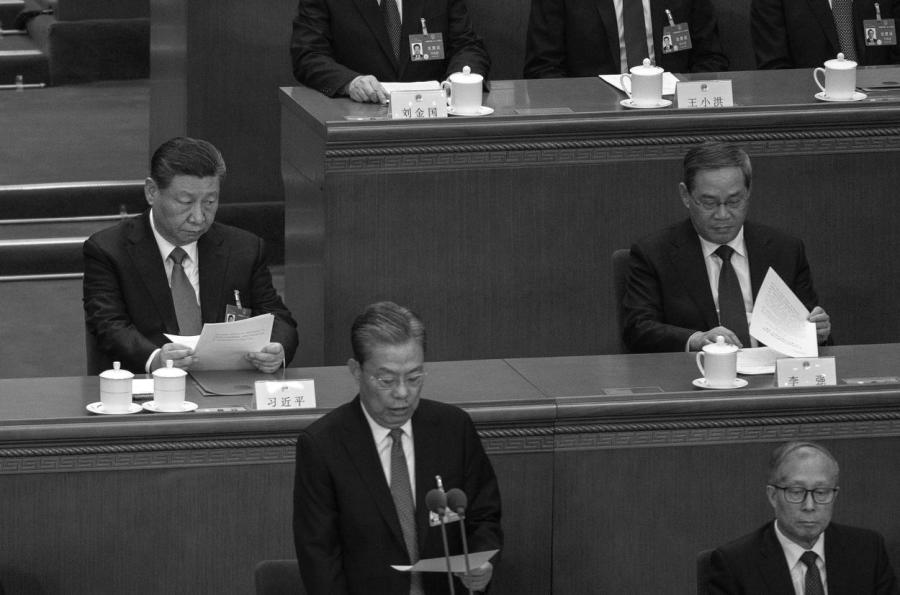

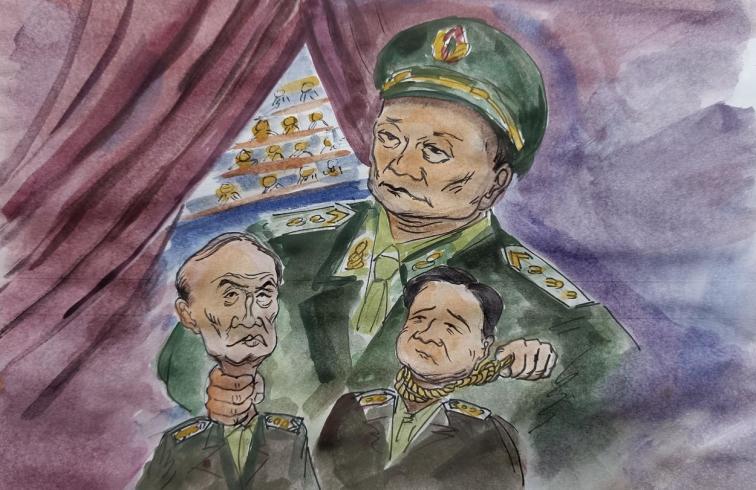
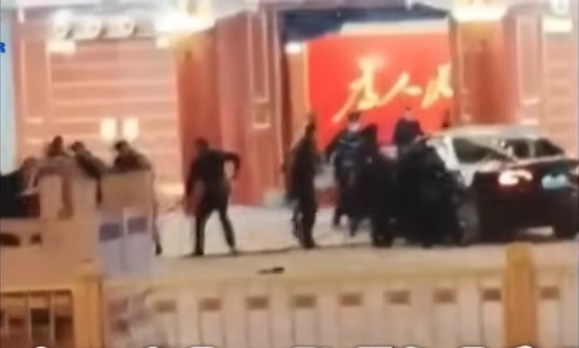
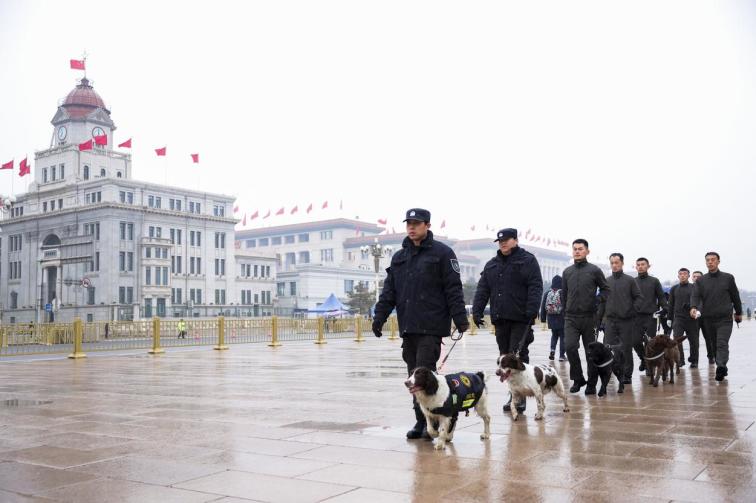
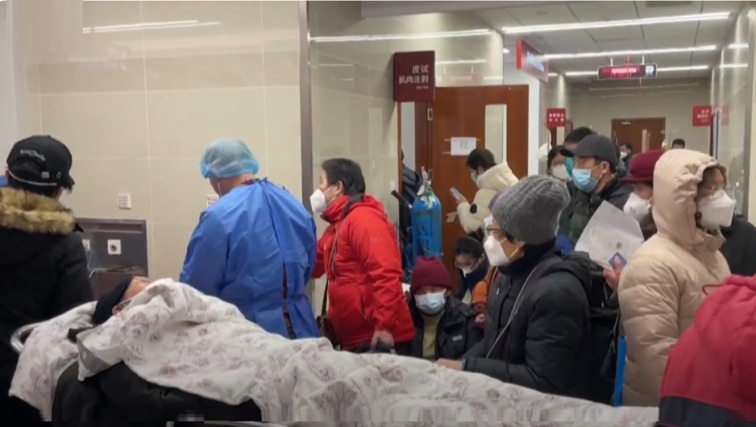
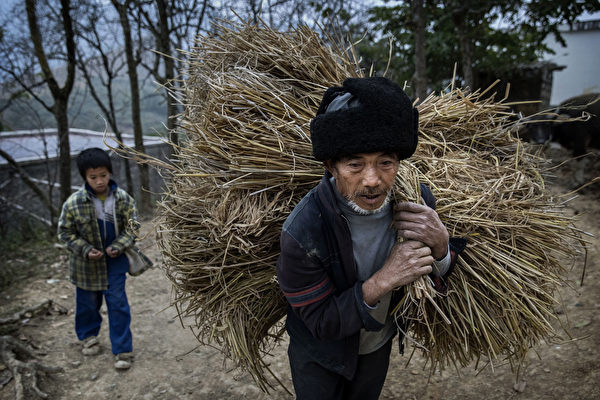
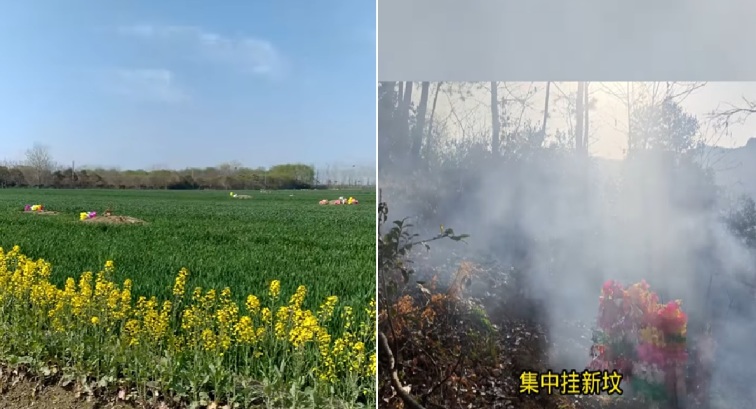
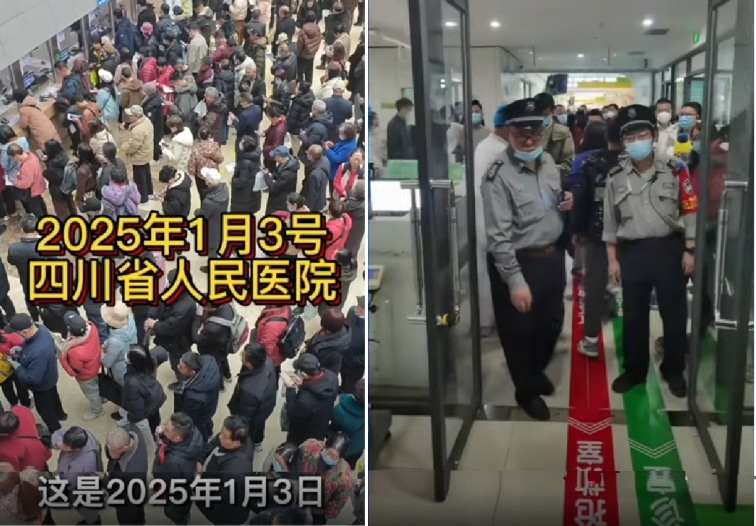

News magazine bootstrap themes!
I like this themes, fast loading and look profesional
Thank you Carlos!
You're welcome!
Please support me with give positive rating!
Yes Sure!